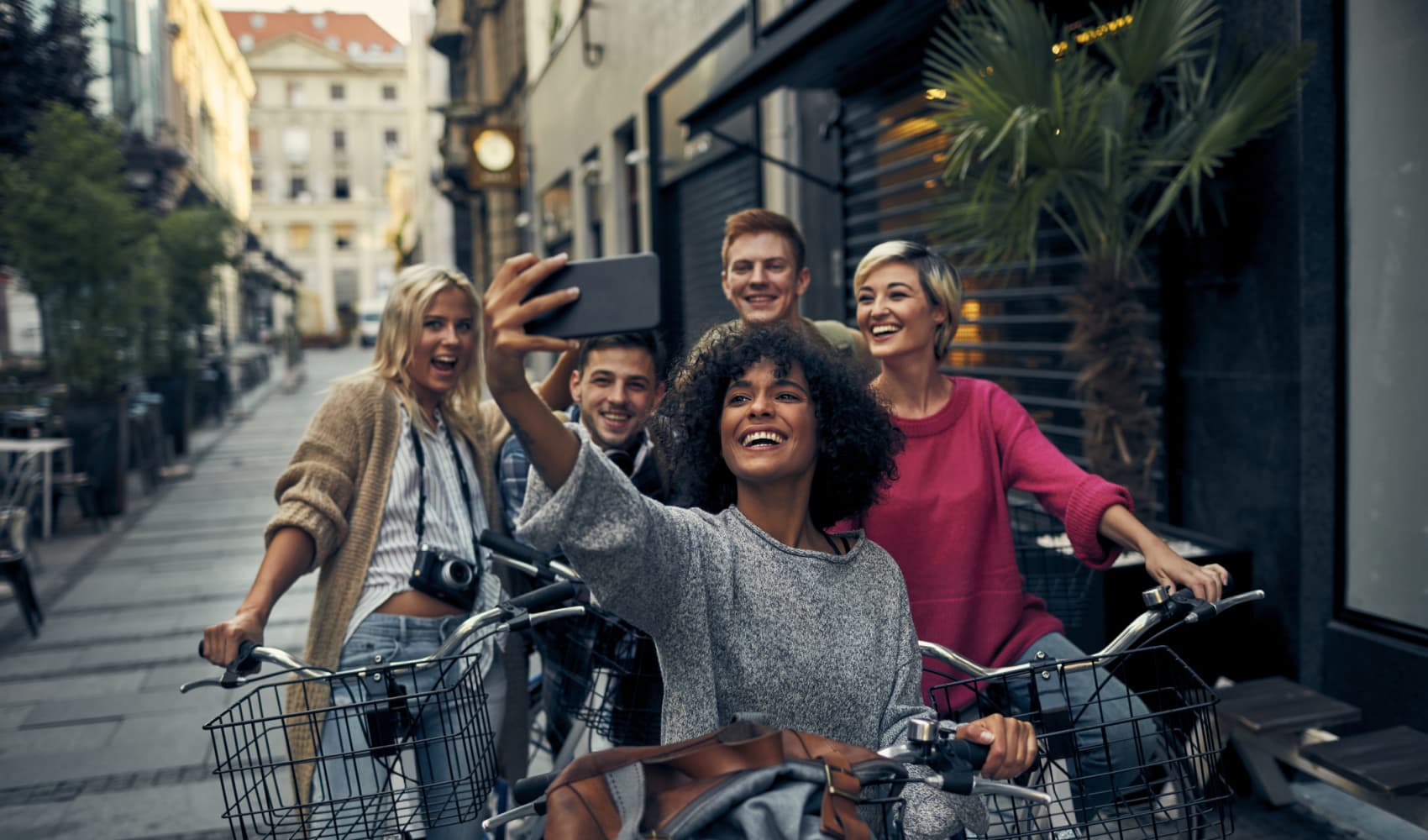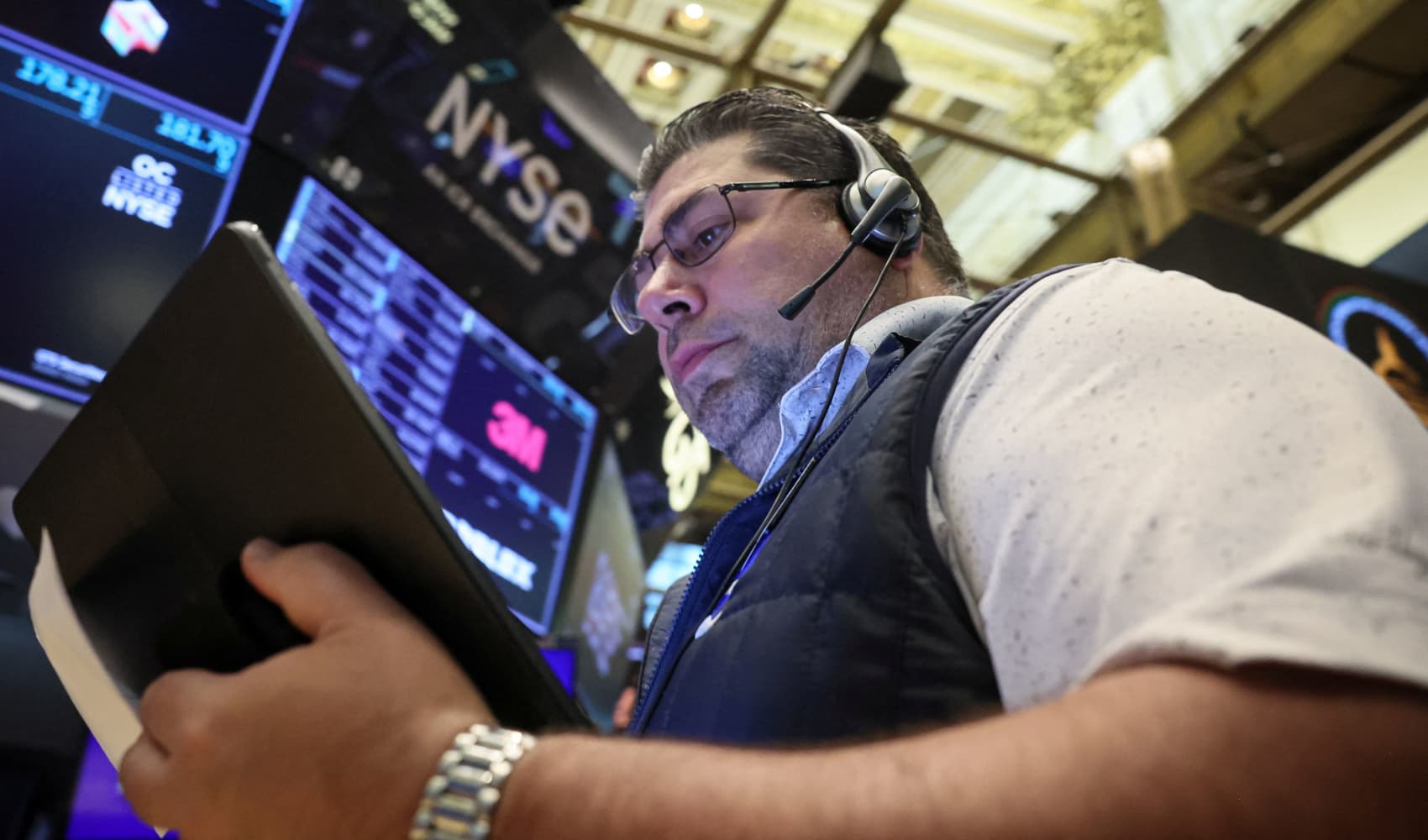
This story is part of CNBC Make It's The Moment series, where highly successful people reveal the critical moment that changed the trajectory of their lives and careers, discussing what drove them to make the leap into the unknown.
Julia Stewart didn't take on $2 billion in debt just to spite her former employer.
But when the longtime IHOP CEO led a massive takeover of Applebee's, some elements of the deal were certainly personal.
Stewart, 68, became IHOP's first-ever woman CEO in 2002. She held the position for 16 years, using a franchising business model to revitalize the chain. In 2007, she led the risky acquisition of Applebee's, which was languishing at the time — but roughly twice IHOP's size, requiring Stewart's company to assume billions in debt.
Get Philly local news, weather forecasts, sports and entertainment stories to your inbox. Sign up for NBC Philadelphia newsletters.
It was a calculated risk, says Stewart: She knew Applebee's well, spending three years as its president.
When she joined Applebee's, she was told she'd eventually become its next CEO if she could reinvigorate sales, she says. The company's stock price more than doubled during her tenure, so in 2001, she broached the subject with then-CEO Lloyd Hill, she says.
Hill said no, so Stewart asked what else she could do to secure the promotion, she says. His response, according to Stewart: "No, not ever ... I don't have to have a reason. I'm not going to make you the CEO."
Money Report
Stewart took the IHOP job the following year. CNBC Make It's attempts to reach Hill for comment were unsuccessful by the time of publication.
After five years at IHOP, Stewart ended up running Applebee's anyway. Her franchising model sent stock prices soaring, paying off nearly $1.1 billion of the debt within five years, she says. She led both brands for a decade before resigning in 2017, amid flagging sales at Applebee's. Today, Dine Brands, a parent company created in the deal, has more than 3,500 restaurants and a market value north of $600 million.
Here, Stewart — currently CEO of Alurx, a wellness company she founded in 2020 — discusses rebounding from her biggest career disappointment, proving doubters wrong and weighing risk and revenge while steering a multibillion-dollar deal.
CNBC Make It: How did the acquisition of your former employer come about?
Stewart: It took us five years [at IHOP] to do everything we had done in three at Applebee's. We had some major work to do, with a much larger group of franchisees.
We put it all together, and the stock started to go through the roof. I rented out a hotel in Hawaii in 2006, and we all went out there and celebrated. It was a glorious time.
But I got worried, because when you make that kind of differential that quickly — we changed the business model and we were so cash-rich — I was very worried that we were going to be bought in an unfriendly takeover. I went to the board and said: "We've got to buy something. We need to put our capital to use."
We started talking to a bunch of people. Then, in 2007, I'm reading The Wall Street Journal, and on the front page — this is a true story — there is this huge article: "Applebee's considers strategic alternatives."
Borrowing billions of dollars to acquire a struggling company is a massive bet. How did you approach taking on that much risk?
Here's a company that I knew better than anything, right? I had worked there. I had been part of the turnaround.
But you don't borrow that kind of money, and make a bet that large, unless you've done serious due diligence. You would never do this without doing an Armageddon strategy and vetting it six ways from Tuesday with your CFO.
I remember saying, every step of the way, to that core team that was working with me, "Ladies and gentlemen, we are not going to fall in love. That is the biggest single mistake people make in M&A. We're going to view everything, look at the real world and make some tough decisions."
Maybe two months in, we're sitting around a huge conference room. [The person] doing due diligence on the supply chain says, "I don't know if anybody knows this, but 75% of all the products that we buy at IHOP are from the same [distributors] that Applebee's is buying from."
I'm like, "Oh my God. Let's form a purchasing co-op!"
That was one of the most successful things I did when we joined the companies together. Now, you're consolidating distribution centers and SKUs. It's a big honkin' deal. Think about pork — we do it as baby back pork ribs at Applebee's and bacon at IHOP.
It saved millions and millions of dollars for the franchisees. Everybody won.
How did it feel, on a personal level, to lead that deal?
You don't borrow $2 billion for revenge. But after [finalizing the acquisition], I picked up the phone and called Lloyd. I said: "I think you knew this day was coming. We don't need two Chairmen of the Board. So I'm going to have to let you go."
I said, "I wish you well." And he said, "I wish you well."
I never spoke to him again. It felt good to [essentially] say, "I was always capable. What were you thinking?"
You led Dine Brands for a decade, including through the 2008 financial crisis. Applebee's had ups and downs during that time. Do you still think the deal was the right decision?
When the financial crisis [happened], the stock plummeted to $6 per share.
No one panicked. I remember saying to my board, "Who in their right mind would think we spent this kind of money, did all of this work, and didn't vet the notion of an Armageddon? You could have double-digit declines and you would still be comfortably in compliance with your debt covenants."
The thing I'm most proud of isn't isn't the money so much, although we paid off a ton of debt within a very short period of time. It's that we built this organization, [with] this incredible culture and pride.
Not everything was easy. There were painful moments. But [I'd] absolutely do the same thing all over again.
This interview has been edited and condensed for clarity.
Want to be a successful, confident communicator? Take CNBC's new online course Become an Effective Communicator: Master Public Speaking. We'll teach you how to speak clearly and confidently, calm your nerves, what to say and not say, and body language techniques to make a great first impression. Sign up today and use code EARLYBIRD for an introductory discount of 30% off through July 10, 2024.






